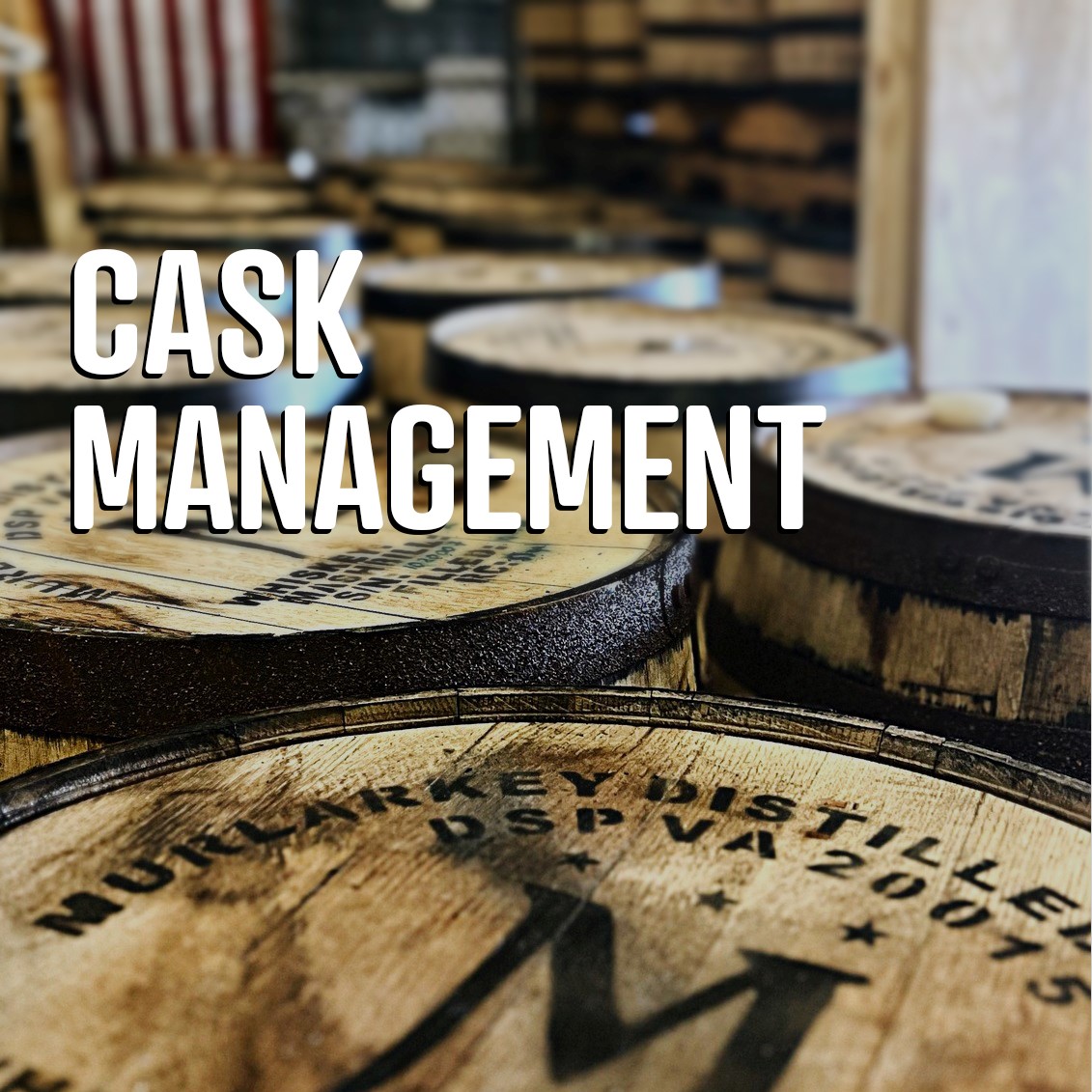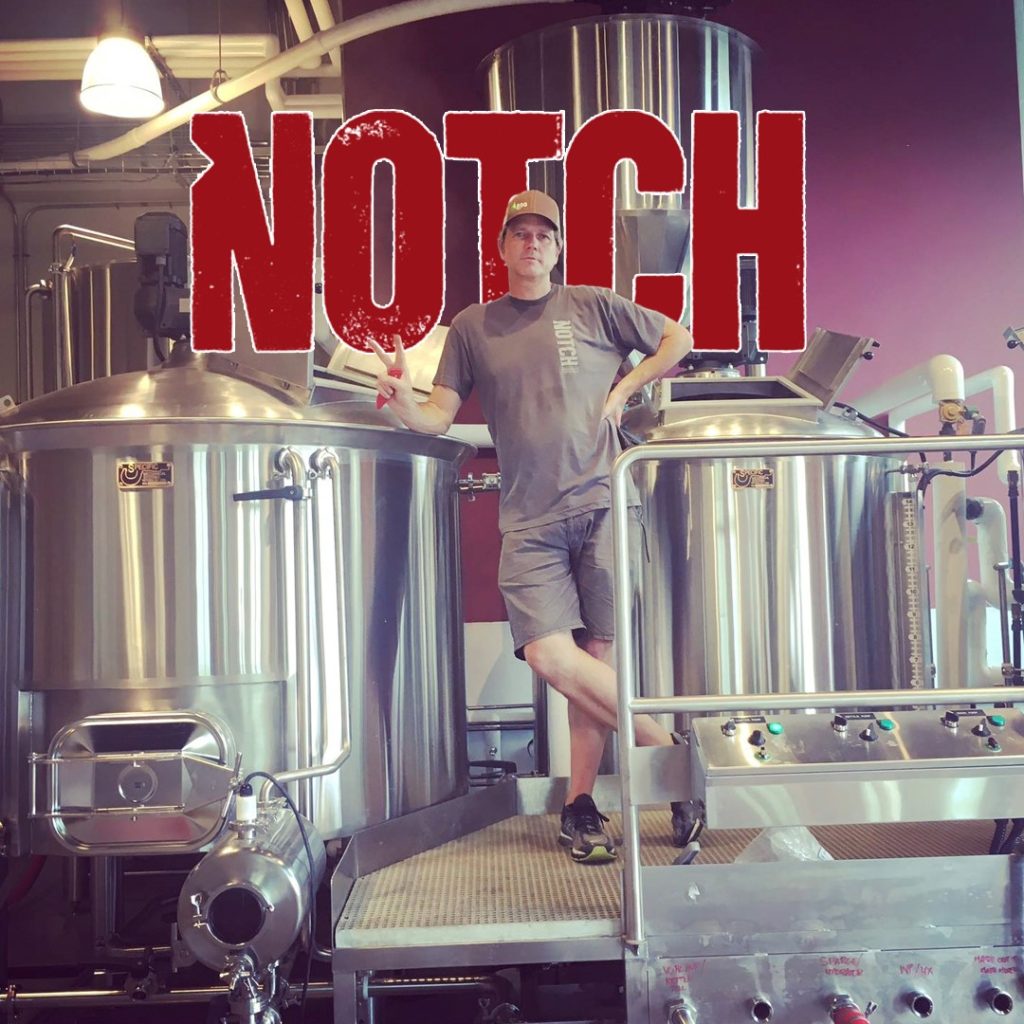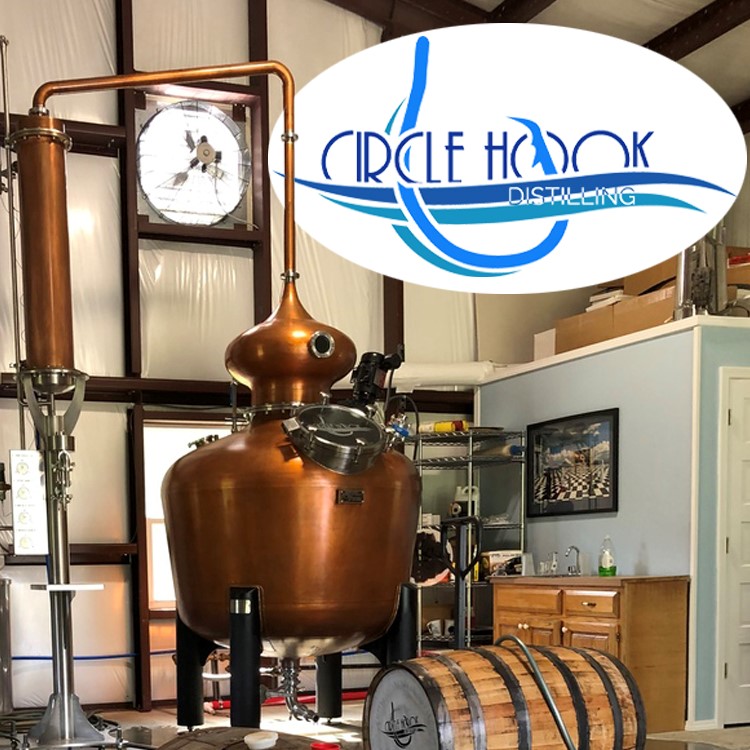Cask management is the practice used by distillers to control and optimize the maturation of spirits while they age in wooden casks. The goal is to ensure the desired quality, flavour profile, and consistency of the final product.
Cask management involves several key aspects:
- Selection of Casks: Distillers choose casks based on factors such as wood type, previous contents, size, and age. The cask’s previous use can have a significant influence on the flavour of the spirit.
- Cask Conditioning: Casks may be toasted or charred to different levels, which affects how the spirit interacts with the wood. This process influences the extraction of flavours and the rate of maturation.
- Monitoring Maturation: Distillers regularly sample the spirit to assess how it’s maturing over time. This helps determine when the spirit has reached its peak flavour profile and is ready to be bottled or blended.
- Cask Reuse and Rotation: Casks are often reused multiple times. Distillers track how each cask performs, determining when to retire or rotate them. The influence of the wood diminishes with repeated use.
- Blending and Marrying: Cask management also includes blending spirits from different casks to achieve a consistent and desired flavour profile. Some spirits may be “married” (mixed together) in casks for a period to allow the flavours to harmonize.
- Environmental Considerations: The location of the cask warehouse, temperature, and humidity all influence how the spirit ages. Managing all of these conditions is critical.





